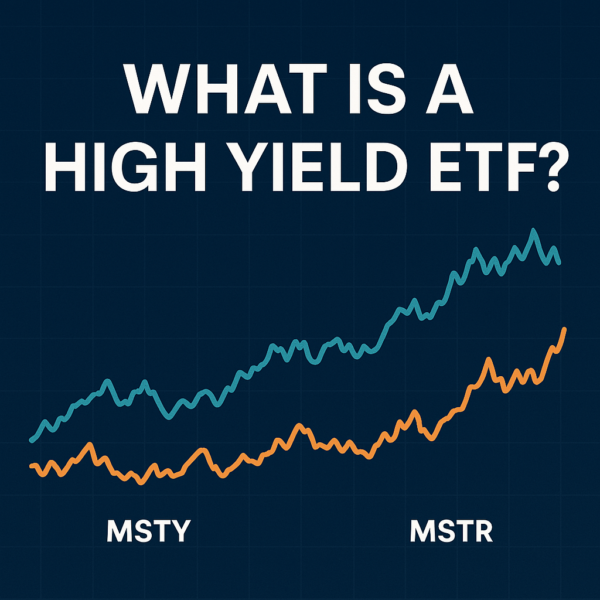Bet on Big Money’s Favorite Asset Class for 2021
It’s that time when Wall Street sets out its big ideas for the coming year.
And the verdict is in.
For 2021, emerging markets are the place to be.
Bank of America recently surveyed fund managers collectively holding $526 billion in assets.
More than half of leading fund managers interviewed indicated emerging markets – after a decade in the doghouse – are their favorite asset class for the coming year.
As if on cue, the MSCI Emerging Markets Index shot up nearly 13% in November.
Emerging markets equity funds have already attracted almost $14 billion in the past two weeks.
Emerging markets specialist Renaissance Capital was almost exuberant when it advised investors “to buy anything and everything” in emerging markets.
Emerging Markets: The Redheaded Stepchild of Investing
I earned my investment spurs managing emerging markets investment funds.
But if you’re an average U.S. investor, you probably don’t even think about emerging markets.
With the uncertainty surrounding the global pandemic, emerging markets may be the last place in the world you’d want to put your money right now.
But it wasn’t always so.
In fact, between 2003 and 2007, emerging markets were the top-performing asset class in the world.
Consecutive annual returns of 55.8%, 25.6%, 34.0%, 32.2% and 39.4% over those five years were enough to turn a $10,000 investment into $48,304.
Much like technology stocks do today.
Emerging markets represented the future and offered the single best way to make your investing fortune.
Alas, emerging markets have lagged the U.S. markets badly since then.
But experienced investors know that it’s always the most hated and ignored asset class that offers the greatest potential upside.
Emerging Markets: Sentiment-Driven Investing
I could, of course, regale you with the fundamental case for emerging market investing.
But that would be a waste of time.
Much like risky bets on biotechnology, emerging markets are a boom or bust asset class.
If the mood is right, investors pile in and drive stock prices sky-high. When emerging market stocks enter a bull market, they do so in a big way.
Over the long term, stock prices will converge to their intrinsic values.
But stock prices can diverge from their objective values for years – even decades.
So you need to look for a trigger that signals a shift in investor sentiment.
On June 4, I cited SentimenTrader’s study of the remarkable technical strength of emerging market stocks at the time.
The iShares MSCI Emerging Markets ETF (NYSE: EEM) had put together its fourth straight session with a more than 1.7% gain.
That was the iShares Emerging Markets ETF’s longest winning streak since its inception in 2003.
The other five times it saw streaks of at least three days, it averaged an impressive 13.6% return two months later.
Six months later, the average return soared to a whopping 29.9%.
How has SentimenTrader’s prediction fared six months later?
The iShares MSCI Emerging Markets ETF is up 33.98% over the past six months.
SentimenTrader’s analysis was spot-on.
I also pointed out that you could swing for the fences with a leveraged emerging markets ETF.
I recommended two such ETFs.
The ProShares Ultra MSCI Emerging Markets ETF (NYSE: EET) delivers double the daily performance of the MSCI Emerging Markets Index.
And the Direxion Daily MSCI Emerging Markets Bull 3X Shares ETF (NYSE: EDC) is a triple-leveraged version of the MSCI Emerging Markets Index.
How did these three ETFs fare compared with the S&P 500?
The chart below speaks for itself.

So, after such a huge run, is it too late to invest in emerging markets?
Not really.
Emerging markets have been down and out for so long that they have plenty more room to run.
Remember, even after this current rally, the iShares MSCI Emerging Markets ETF is trading below where it traded in October 2007 – more than 13 years ago!
With big money piling into emerging markets, the timing is right for a sustained rally in this asset class.
Time your investment correctly in one of these leveraged emerging market ETFs…
And look forward to monster returns in 2021.
About Nicholas Vardy
An accomplished investment advisor and widely recognized expert on quantitative investing, global investing and exchange-traded funds, Nicholas has been a regular commentator on CNN International and Fox Business Network. He has also been cited in The Wall Street Journal, Financial Times, Newsweek, Fox Business News, CBS, MarketWatch, Yahoo Finance and MSN Money Central. Nicholas holds a bachelor’s and a master’s from Stanford University and a J.D. from Harvard Law School. It’s no wonder his groundbreaking content is published regularly in the free daily e-letter Liberty Through Wealth.






